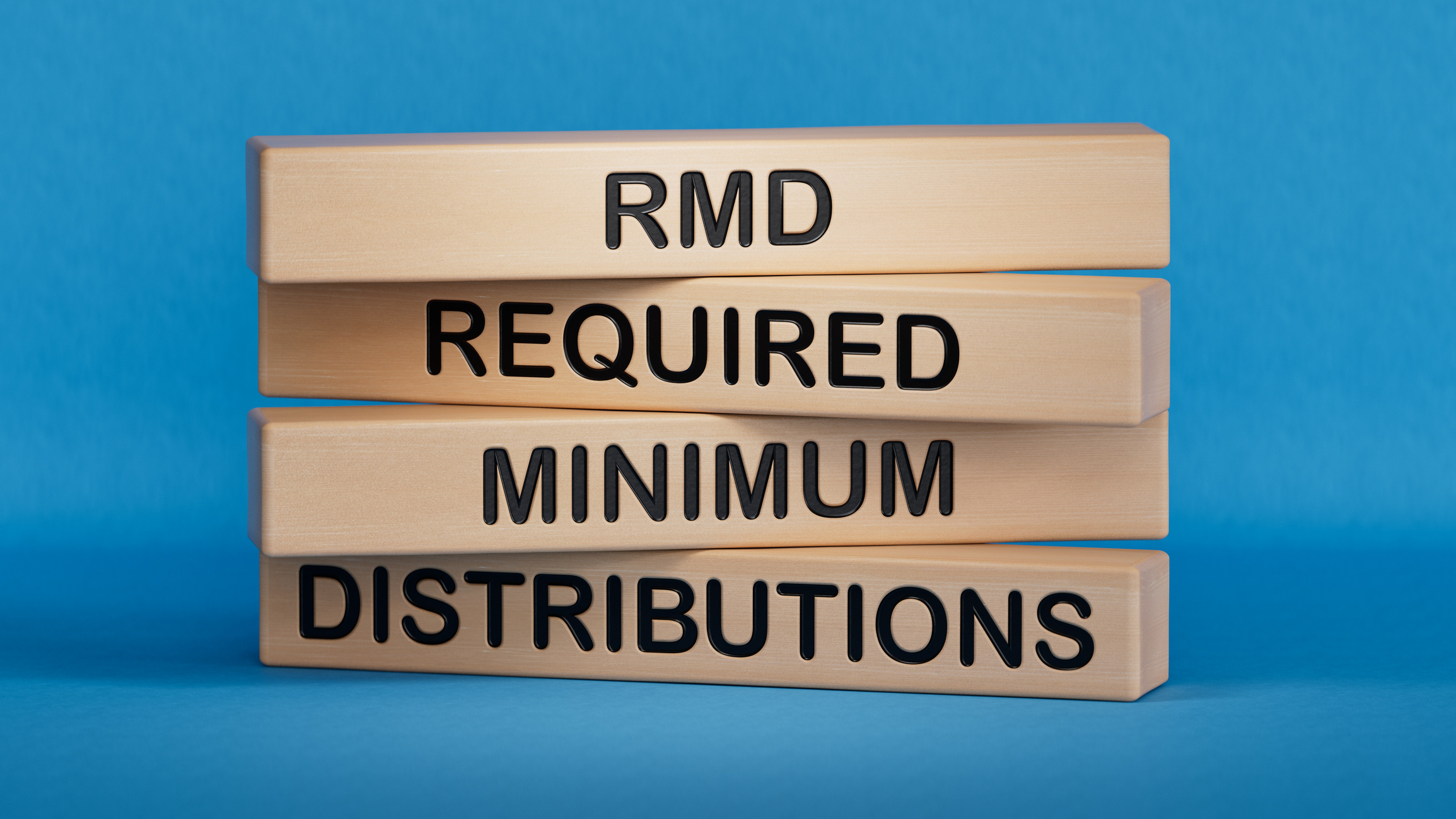Too Rich for a 401(k)?
If you are a highly compensated employee and your employer returned some of the money you contributed to a 401(k), you'll have to report that as income on your tax return.

Profit and prosper with the best of Kiplinger's advice on investing, taxes, retirement, personal finance and much more. Delivered daily. Enter your email in the box and click Sign Me Up.
You are now subscribed
Your newsletter sign-up was successful
Want to add more newsletters?
This is the time of year a lot of readers are confused by what I call "boomerang 401(k) contributions." This happens when company retirement plans kick out some of the contributions made during the previous year by highly compensated employees -- generally those who made more than $100,000 in 2007.
Such corrective distributions are required if the plan discovers that highly paid employees contributed too much of their salaries compared with the amount contributed by lower-paid workers.
This test is required by Congress to prevent the tax benefits of 401(k)s from going disproportionately to higher-paids. Because the test can't be completed until after the plan year closes, the checks for any excess contributions are mailed out after January 1.
From just $107.88 $24.99 for Kiplinger Personal Finance
Become a smarter, better informed investor. Subscribe from just $107.88 $24.99, plus get up to 4 Special Issues

Sign up for Kiplinger’s Free Newsletters
Profit and prosper with the best of expert advice on investing, taxes, retirement, personal finance and more - straight to your e-mail.
Profit and prosper with the best of expert advice - straight to your e-mail.
But how to do you report that money on your tax return? It depends on the timing.
If a plan makes such a corrective distribution by March 15, then you report it as part of your 2007 salary -- even though it means reporting more salary than is shown on your W-2. After all, the W-2 amount was set assuming all the 401(k) money you contributed would avoid tax. The corrective distribution retroactively reduces the amount in the tax shelter and hikes your taxable pay.
If the company makes the payout after March 15, it counts as 2008 salary.
Oh, yeah: If you filed your 2007 return before you got a corrective distribution -- and you got the money by March 15 -- you're supposed to file an amended return using Form 1040X to report and pay tax on the extra money.
Profit and prosper with the best of Kiplinger's advice on investing, taxes, retirement, personal finance and much more. Delivered daily. Enter your email in the box and click Sign Me Up.

-
 Americans, Even With Higher Incomes, Are Feeling the Squeeze
Americans, Even With Higher Incomes, Are Feeling the SqueezeA 50-year mortgage probably isn’t the answer, but there are other ways to alleviate the continuing sting of high prices
-
 Hiding the Truth From Your Financial Adviser Can Cost You
Hiding the Truth From Your Financial Adviser Can Cost YouHiding assets or debt from a financial adviser damages the relationship as well as your finances. If you're not being fully transparent, it's time to ask why.
-
 How to Manage a Disagreement With Your Financial Adviser
How to Manage a Disagreement With Your Financial AdviserKnowing how to deal with a disagreement can improve both your finances and your relationship with your planner.
-
 3 Smart Ways to Spend Your Retirement Tax Refund
3 Smart Ways to Spend Your Retirement Tax RefundRetirement Taxes With the new "senior bonus" hitting bank accounts this tax season, your retirement refund may be higher than usual. Here's how to reinvest those funds for a financially efficient 2026.
-
 5 Retirement Tax Traps to Watch in 2026
5 Retirement Tax Traps to Watch in 2026Retirement Even in retirement, some income sources can unexpectedly raise your federal and state tax bills. Here's how to avoid costly surprises.
-
 3 Retirement Changes to Watch in 2026: Tax Edition
3 Retirement Changes to Watch in 2026: Tax EditionRetirement Taxes Between the Social Security "senior bonus" phaseout and changes to Roth tax rules, your 2026 retirement plan may need an update. Here's what to know.
-
 States That Tax Social Security Benefits in 2026
States That Tax Social Security Benefits in 2026Retirement Tax Not all retirees who live in states that tax Social Security benefits have to pay state income taxes. Will your benefits be taxed?
-
 Retirees in These 7 States Could Pay Less Property Taxes Next Year
Retirees in These 7 States Could Pay Less Property Taxes Next YearState Taxes Retirement property tax bills could be up to 65% cheaper for some older adults in 2026. Do you qualify?
-
 Social Security Benefits Quiz : Do You Know the IRS Tax Rules?
Social Security Benefits Quiz : Do You Know the IRS Tax Rules?Quiz Social Security benefits often come with confusing IRS tax rules that can trip up financially savvy retirees and near-retirees.
-
 6 Tax Reasons to Convert Your IRA to a Roth (and When You Shouldn't)
6 Tax Reasons to Convert Your IRA to a Roth (and When You Shouldn't)Retirement Taxes Here’s how converting your traditional retirement account to a Roth IRA can boost your nest egg — but avoid these costly scenarios.
-
 New RMD Rules: Can You Pass This Retirement Distributions Tax Quiz?
New RMD Rules: Can You Pass This Retirement Distributions Tax Quiz?Quiz Take our RMD quiz to test your retirement tax knowledge. Learn about RMD rules, IRS deadlines, and tax penalties that could shrink your savings.